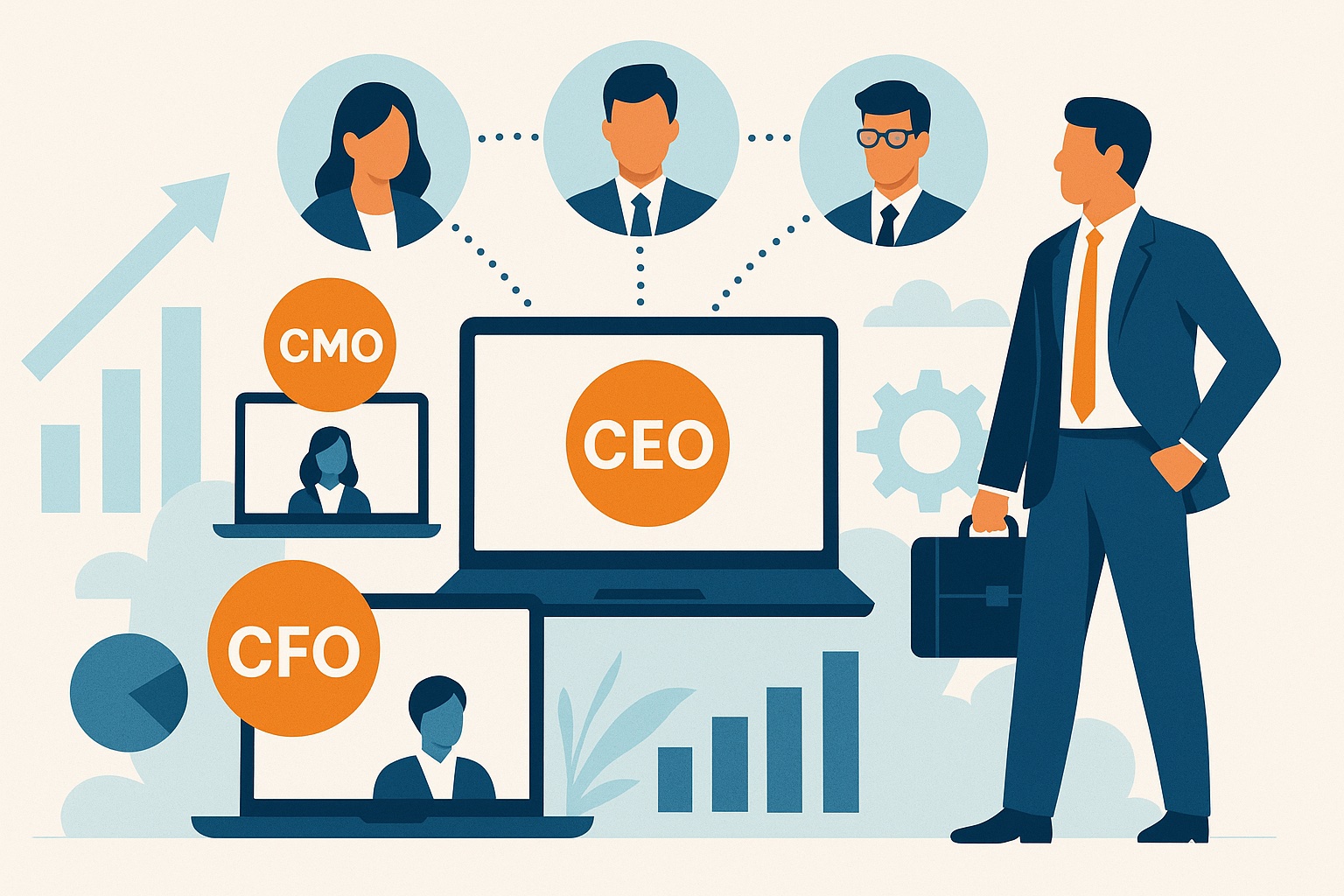
Whether anybody likes it or not, E-commerce is here to stay. Almost everyone is buying online now and businesses are scrambling to set up online stores. According to a recent eMarketer survey, the total E-commerce sales across the globe will exceed £5M for the first time. In fact, by 2025, you can expect online consumer spending to exceed &7M.
Are you a retailer looking to utilise the best E-commerce platforms? This quick guide has you covered.
Which E-commerce platform is right for me?
Right – so when it comes to E-commerce platforms, you have broadly three options:
- SaaS or software-as-a-service
- Open-Source
- Headless commerce
SaaS E-commerce platforms
SaaS E-commerce solutions are designed to remove a lot of the complexity of running a business online. Rather than build and develop a custom solution or open-source one, you’re essentially “renting” the platform. SaaS E-commerce platforms are a significantly cheaper option than open source solutions.
From hosting, updates and security to PCI compliance and other tasks which are related to managing your own software, all managed by your SaaS provider. With the right SaaS solution, you can go to market quite affordably and relatively quickly, compared to other platforms.
With that said, there is some lack of customisation and flexibility since cloud-based SaaS solutions do not have modifiable code. Leading E-commerce platforms like BigCommerce’s features an open API, providing merchants with all the benefits of a great SaaS platform where they can go-to-market in a short span of time and create custom integrations too.
Open Source E-commerce platforms
Open-source, as the name implies, lets you modify all aspects of the code, either through the cloud or on-premises. So, if you’re a merchant looking for a scalable and flexible E-commerce platform, open-source is the way to do. No wonder they are so popular with IT-heavy companies who want full control over their E-commerce environment.
Now, since you’re using an open-source E-commerce platform, you are responsible for many aspects, including:
- Web hosting
- PCI compliance
- Manually get updates from the provider and apply them
- Deal with any potential security issues on your own
- Build your own set of tools for the site, including SEO features, email marketing, discount, search and promotion engines, drag-and-drop builders, etc.
Many online merchants feel that open-source E-commerce platforms can be a handful as they are too cumbersome, demand a vast amount of technical knowledge and generally expensive to maintain.
Headless E-commerce platforms
Headless solutions are a version of CaaS (commerce-as-a-service) E-commerce, where the shopping cart is decoupled from the CMS (content management system).
In such use cases, merchants initially rely on a design experience platform like Adobe Experience Manager or a content management system like Drupal, and then plug in a decoupled shopping cart solution.
However, SaaS technologies are typically used instead of decoupled carts as they have highly flexible APIs and the total cost of ownership is low. Like SaaS, headless solutions are cloud-only.
Final thoughts – Factors when considering an E-commerce platform
- Web design
- Security
- Flexibility
- Programming and functionality
- Monthly hosting
- Maintenance
- Budget
Most important of all, ensure that it integrates well with your business software!
Latest Posts
-

Outgrown Your Internal Team? How Fractional Executives Can...
Seeing your business grow is hugely exciting, but growth doesn’t happen on its own. Growth...
-

The Rise of Fractional C-Suites: Why 2025 is...
After many, many years, the way businesses are building their executive teams is changing. With...
-

Why Your Business Needs a 12-Month Marketing Blueprint...
Growing a business isn’t easy, let alone one that grows into a sustainable success. There’s...
-

How April’s National Insurance Rises Impacts Your Business...
On the 6th April, a change took place that’s going to affect employers across the...